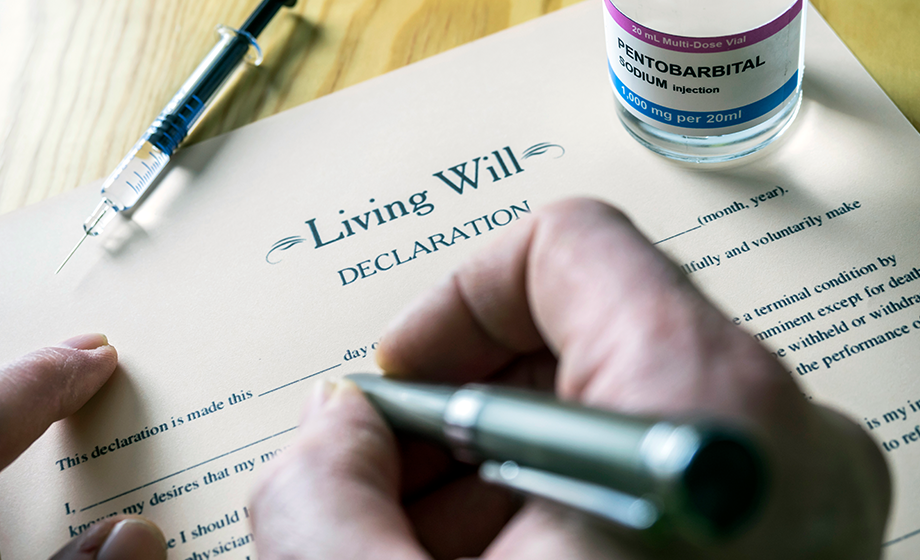
When a client told me that she was bestowed two houses, a car, money and farm land under her father’s Will, I had to ask, “How lucky can some people be?!”. But when the same client said she had no intention of probating the Will because “It is abundantly clear that the properties belong to me anyway!”, I had to wonder, whoever gave her that advice? She was convinced that there was no need for her to see a lawyer, but upon the advice and pleadings of her very good friend, she came to see me.
Think you know all there is to know about Wills, Probate and Inheritance? Here are the top 5 most common misconceptions I have encountered over the years:
#1 The Will says it’s mine…so it’s mine!Beneficiaries under a Will sometimes assume that because the Will specifies that they have been given some gift under the Will, the gift automatically belongs to them and they have no need to do anything further. This cannot be further from the truth. The fact is that once the Testator dies, the Probate process must be completed before, by law, the gifts can be transferred to the beneficiaries. Probate is the Court process whereby an Executor of a Will (or Administrator, as the case may be) is given the legal authority to transfer the gifts in a Will to the rightful beneficiaries. So until the Will is probated, well, the gift isn’t legally yours!
#2 Probate means Court. Court means money (and time)!The Probate process does not have to be an expensive one. In fact, the assets listed in the Will may be able to be distributed without them even being included in the Estate documents. That is why it is so important to get assistance from a lawyer when dealing with Wills and the Probate process. In St. Vincent and the Grenadines, there are no estate taxes on real property, and the filing fees are generally low. So Probate does not always have to mean money! (P.S. A skillful lawyer can also make sure that the process isn’t lengthy either!).
#3 Family Fights are InevitableWhere there is a Will…well, there is a dispute! Almost everybody knows at least one family that had a big brawl over who should get what in the Will (worse if there never was a Will in the first place!). Despite a Testator’s best intentions to communicate his wishes in a Will, estate planning is plagued with family disputes. Sometimes, this cannot be avoided. Other times, family members should be willing to accept that the Testator is free to give his gifts to whomever he wishes. Some family members may be able to apply to the Court for a share in the estate of a deceased (for example, a spouse and children). Where this cannot happen, every effort should be made to seek mediation to resolve these conflicts so that your family is not torn apart.
#4 The Role of the Executor is not ImportantThere are many Executors who do not understand their role and responsibilities. It is the Executor who is legally responsible for making sure the debts and taxes of the deceased are paid, his finances are sorted out, and the gifts are properly distributed to the beneficiaries. It is therefore incumbent upon the Executor (masculine) or Executrix (feminine) named in the Will to ascertain what their roles and responsibilities might be before they accept the office. Clearly, the office of the Executor is a pretty big deal!
#5 The Beneficiaries cannot be found so the Will cannot be ProbatedThe Executor of a Will may truly have a difficult time in finding the beneficiaries. When this happens, the lawyer should be able to guide you on the best approach to take. The Executor may choose to publish advertisements in local papers to locate the beneficiaries. If the beneficiaries are dead, then the gifts fall into what is called the “residuary estate”. If the beneficiaries are overseas, documents which may require their signature can be sent to them, and the execution can be done in the presence of a Notary Public. Simply put, the inability to locate a beneficiary should never be a deterrent for the Executor to carry out his functions.
— Posted by Meisha S. Cruickshank. Meisha is a Barrister and Solicitor in St. Vincent and the Grenadines. She practices in the areas of Land and Property Law, Estate Planning and Family Law. You can reach her by phone at 784-451-5669 or email at meishacruickshank@gmail.com.